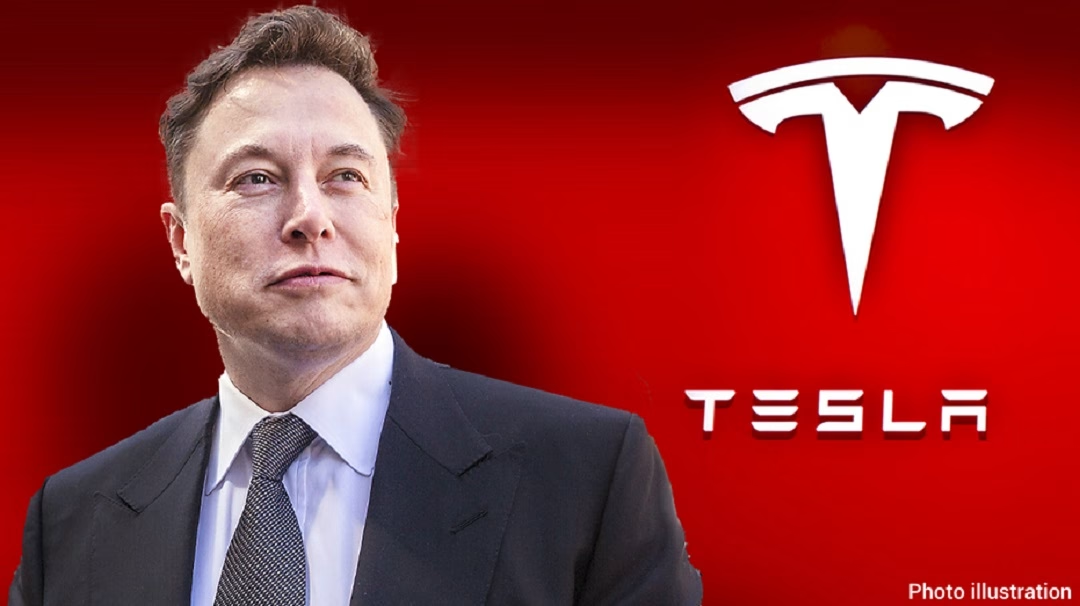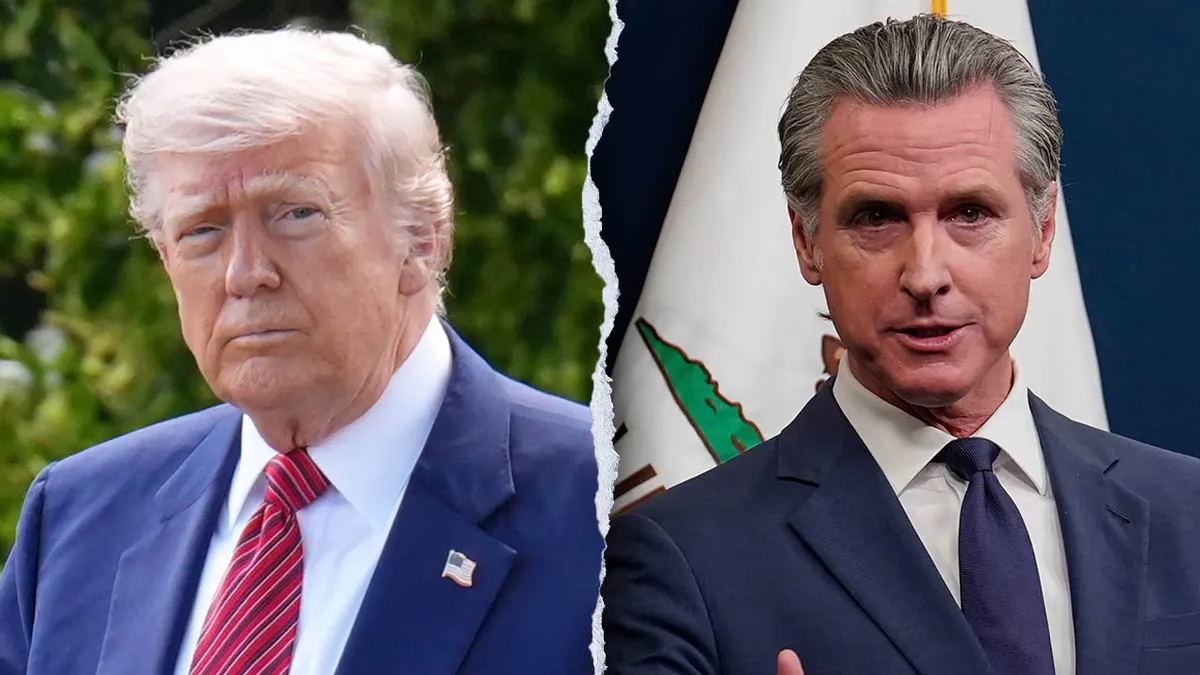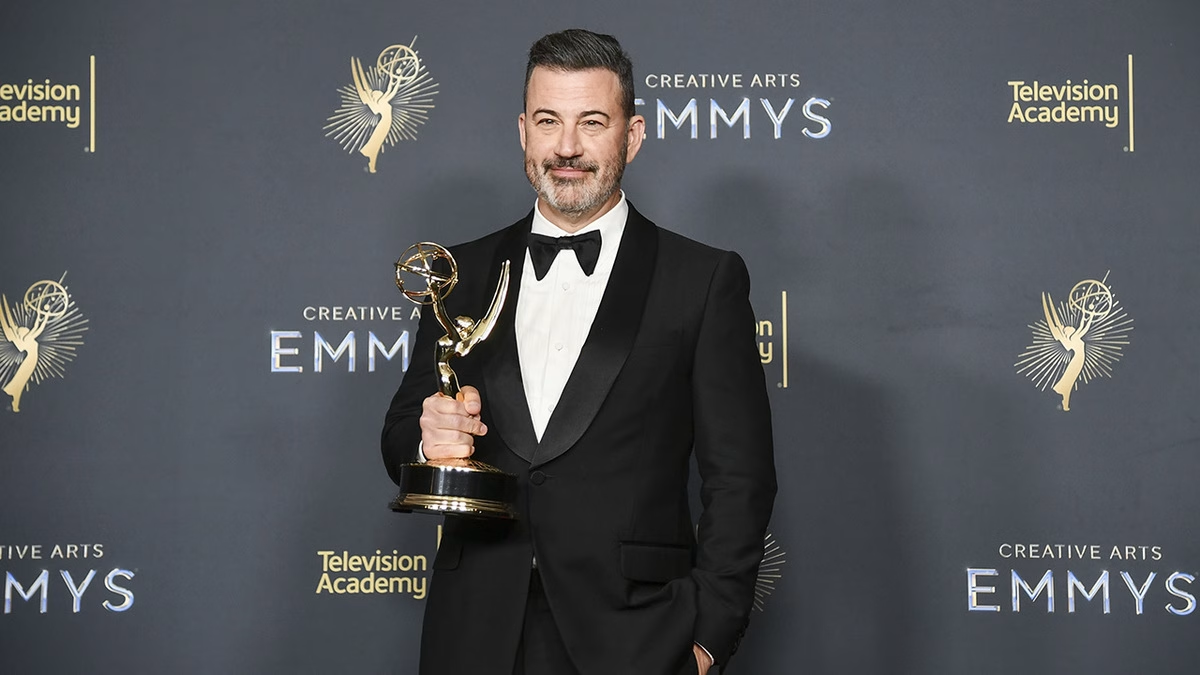By Ben Emos | Wednesday, August 06, 2025 | 6 min read
Elon Musk built more than a car company—he built a legend. For years, he was hailed as the visionary who could do no wrong: launching rockets, transforming the electric vehicle industry, and even tweeting stock prices into the stratosphere. He was unconventional, unpredictable, and, to his fans, untouchable. But that image is beginning to crack. Tesla’s once unshakable momentum has slowed, sales are dipping, and shareholders are asking uncomfortable questions. The latest chapter in this saga involves a stunning reversal in court over Musk’s massive pay package—and an equally stunning decision by Tesla’s board to hand him another fortune anyway. Now, the backlash is growing, and lawsuits may not be far behind.
It all started earlier this year when a Delaware court handed down a ruling that shocked even the most seasoned legal experts. Chancellor Kathaleen McCormick ruled that Musk’s $50 billion compensation package—awarded in 2018—was unlawful. Her reasoning? It wasn’t just excessive, it was structured in a way that bypassed proper governance. The people who were supposed to represent shareholders’ interests—Tesla’s board of directors—had, in McCormick’s view, failed to act independently. Instead, the board let Musk dictate the terms, effectively rubber-stamping a deal he helped write for himself. It was a powerful rebuke of the way Tesla was being run.
This wasn’t some obscure contract dispute. It was a fundamental question of how corporate power is wielded—and who holds leaders accountable when they go too far. Tesla tried to save face with a shareholder vote to reapprove the package, but McCormick wasn’t buying it. She said the vote was flawed because it wasn’t based on full and fair disclosure. In other words, Tesla’s shareholders weren’t told the full truth about how that deal came to be. And without transparency, she ruled, that approval didn’t count.
Most companies, after being smacked down in such public fashion, might pause. Recalibrate. Maybe rethink their approach. But Tesla, under Musk’s leadership, rarely does what’s expected. Instead of regrouping, the board forged ahead with a new plan. In July, they approved another massive stock award for Musk—this time valued at $29 billion. The official story? It was a “retention bonus” meant to ensure Musk stays focused on Tesla. But critics weren’t buying that either.
The timing of this new payout couldn’t have been worse. Tesla is in the middle of a difficult stretch. Global sales are down—dramatically in some key markets. Sweden, Germany, and other parts of Europe are seeing Tesla sales crater, in part due to Musk’s increasingly divisive public persona. In Germany alone, sales have dropped over 50%. Meanwhile, Chinese competitors like BYD are undercutting Tesla’s prices and stealing its market share.
At the same time, Musk seems to be spending more time on political feuds and social media than running his company. His increasingly visible conflict with former president Donald Trump has taken a dark turn, with Trump reportedly threatening to cancel Tesla’s government contracts and tax breaks. That kind of instability doesn’t just hurt Musk—it hurts the company, its investors, and its customers.
To many shareholders, this $29 billion award feels less like a reward and more like a white flag. They see a board too afraid—or too loyal—to say no to Musk, even when his decisions appear to be driving the company off course. Some are now openly considering legal action, arguing that the new award repeats the same governance failures the court already condemned. One institutional investor put it bluntly: “This isn’t about punishing Elon Musk for being successful. It’s about stopping him from treating a public company like his personal bank account.”
In response to the Delaware court decision, Musk moved swiftly to change Tesla’s legal base of operations from Delaware to Texas—a move many see as a transparent attempt to find a more sympathetic court system. Texas has a reputation for being business-friendly, but legal experts caution that it likely won’t matter. The original pay package was crafted under Delaware law, and until the state’s Supreme Court says otherwise, McCormick’s ruling stands. If Musk thinks he can outrun the law by simply switching jurisdictions, he may be in for a rude awakening.
And if courts start allowing CEOs to pick and choose their legal environments based on which judge is most favorable, it would set a chilling precedent. One corporate governance analyst called it “legal shopping,” and warned that it could erode trust in the entire public company framework. “What message does this send to investors?” they asked. “That rules are optional if you’re rich enough to work around them?”
But perhaps the most troubling issue isn’t legal—it’s operational. Tesla’s position as a global leader in electric vehicles is at risk. While Musk’s image as an innovator once inspired confidence, that reputation is wearing thin. His unpredictable behavior, polarizing views, and tendency to pick high-profile fights are beginning to overshadow Tesla’s actual business. And as the company falters, many are questioning whether Musk is still the asset he once was—or a growing liability.
This new $29 billion stock award feels to many like a desperate attempt to hold onto the myth of Musk. But myths don’t keep factories running. They don’t inspire customer loyalty when better, cheaper EVs hit the market. And they certainly don’t protect a company from economic or political fallout. Right now, Tesla is facing all three.
The consequences are already showing. Tesla’s brand favorability in the U.S. has dropped significantly. Young, environmentally conscious consumers who once idolized Musk are turning to brands like BMW and Mercedes, disillusioned by his politics and antics. In countries like Brazil and South Africa, Musk’s businesses are hitting roadblocks and public resistance. And with Trump threatening to revisit Musk’s immigration status and federal contracts, the risks are stacking up.
This situation isn’t just a shareholder concern—it’s a cautionary tale about the dangers of unchecked leadership. Musk once represented the future of tech. But now, to many, he’s become a symbol of what happens when corporate boards forget who they’re supposed to serve.
The Tesla board had a chance to course-correct after the court’s ruling. Instead, they handed Musk another multibillion-dollar package and invited another round of lawsuits. They bet—again—that Elon is worth the risk. But that bet is looking shakier by the day.
What happens next will test not just Tesla’s resilience, but the strength of corporate governance in America. Because this is no longer just about one CEO’s payday. It’s about whether rules still apply when the person at the top is too big to fail.
And if that answer turns out to be no, Tesla’s shareholders—and the public—may end up paying the price.
Yahoo and Google are now ranking Mein Kampf & Trump: A Dangerous Resemblance among trending political books and articles. What’s fueling the attention? Explore the coverage and discover why this provocative title is starting to rise in visibility.
Google Ranking: https://bit.ly/44LFppG
Yahoo Ranking: https://bit.ly/4lmhSCz
More From Fedlan News
Trump Isn’t a Target — He’s a Goldmine: Why Comedians Can’t Ignore the Chaos
Copyright © 2025 FeDlan News | FN, NewsRoom






